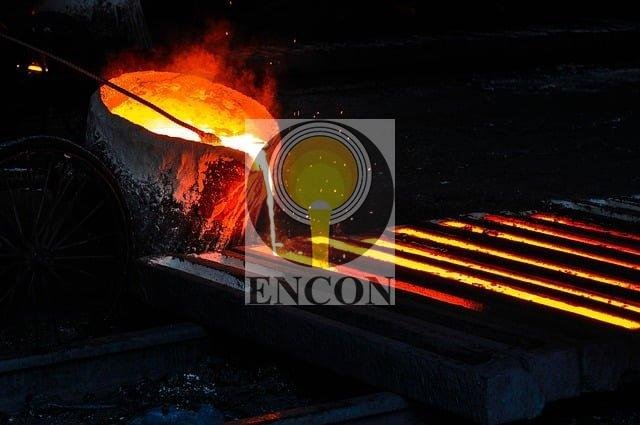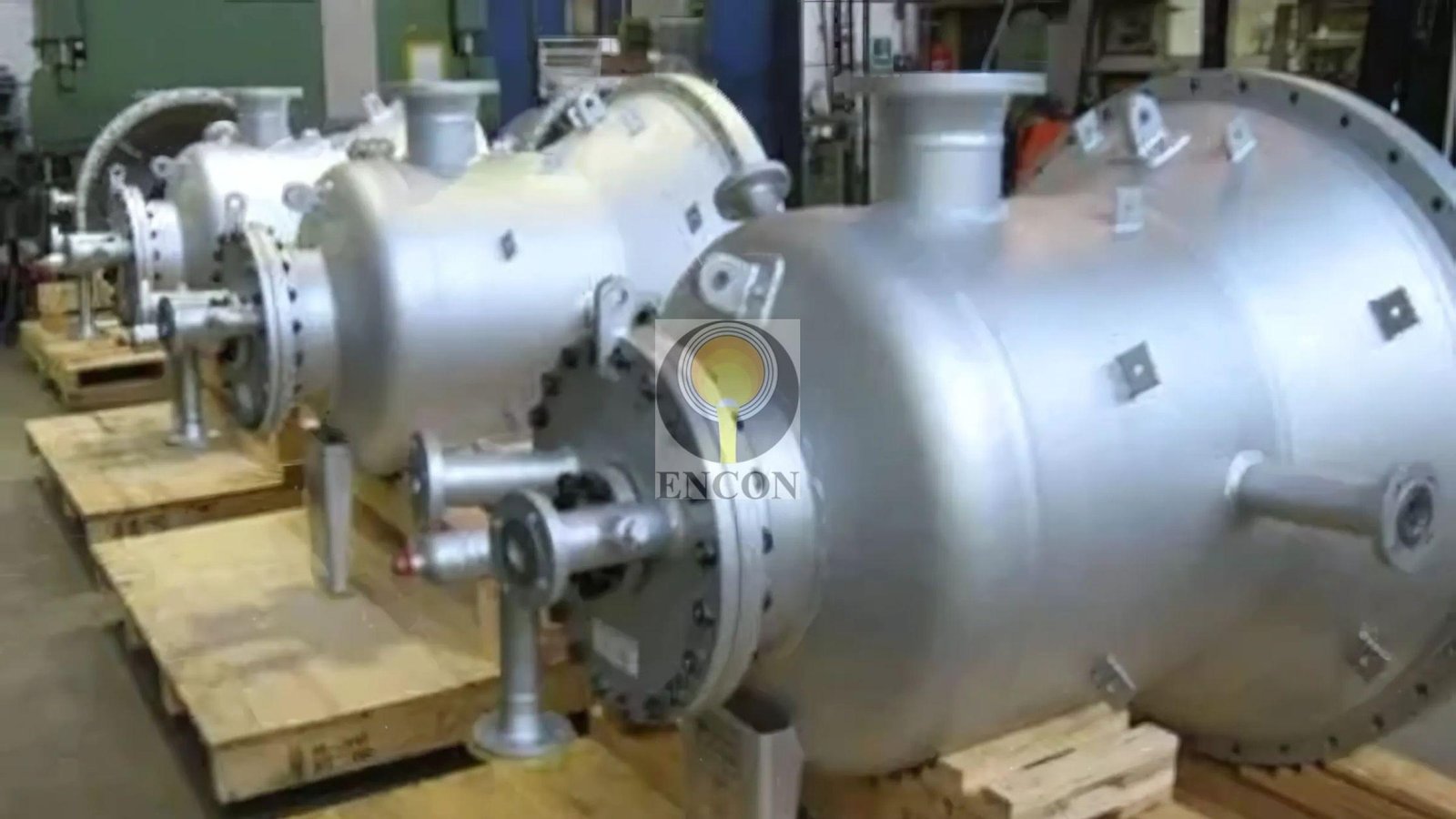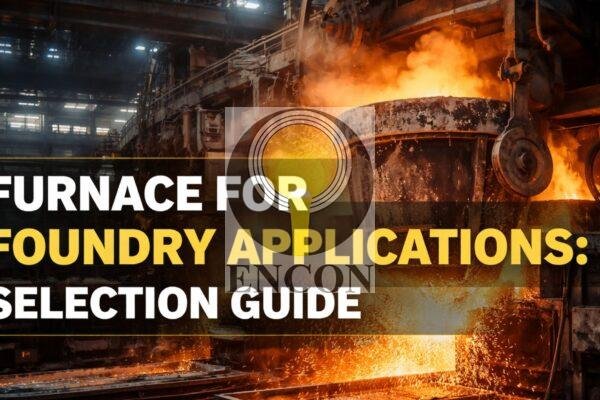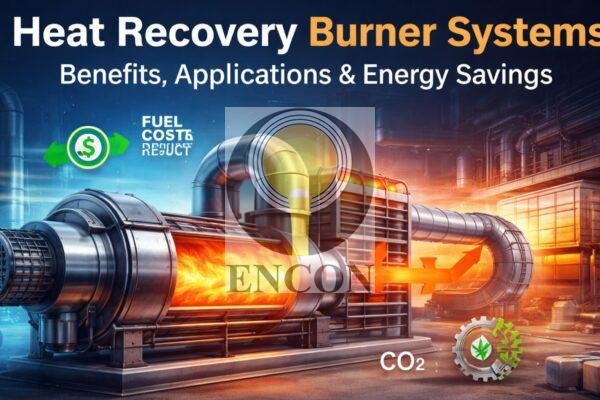High-temperature combustion systems, such as industrial furnaces and boilers, are vital in industries ranging from metal processing to energy generation. However, controlling harmful emissions from these processes is a significant challenge. Uncontrolled emissions contribute to air pollution and climate change, negatively impacting the environment. At Encon Thermal Engineers, we specialize in providing cutting-edge solutions for emission control in combustion systems, helping industries comply with environmental regulations while enhancing operational efficiency.
In this blog, we explore the best practices for reducing emissions in industrial furnaces and highlight the role of low-emission combustion technologies in achieving sustainability goals.
Understanding Emissions in High-Temperature Combustion Systems
High-temperature combustion systems generate several types of harmful emissions, including:
- Nitrogen oxides (NOx): Formed when nitrogen reacts with oxygen at high temperatures, contributing to smog and acid rain.
- Sulfur oxides (SOx): LProduced by sulfur-containing fuels, SOx leads to respiratory issues and acid rain.
- Particulate matter (PM): Tiny particles like soot are hazardous to respiratory health.
- Carbon monoxide (CO): Incomplete combustion produces CO, a dangerous gas.
- Volatile organic compounds (VOCs): Released from fossil fuel combustion, VOCs contribute to ground-level ozone formation.
Industries must adopt best practices to control these pollutants while enhancing efficiency and sustainability.
Best Practices for Emission Control in Combustion Systems
-
Optimizing Combustion Conditions: The most straightforward method to reduce emissions is to optimize combustion conditions. By maintaining the ideal air-to-fuel ratio, you can minimize the formation of NOx and other pollutants, ensuring efficient fuel usage.
At Encon Thermal Engineers, we design combustion systems with advanced control mechanisms to ensure precise air-to-fuel ratios, resulting in cleaner combustion and reduced emissions. -
Preheating Combustion Air: Preheating the combustion air enhances fuel efficiency by enabling more complete combustion. This method reduces the formation of CO and VOCs while also lowering overall fuel consumption.
By integrating preheated air solutions, Encon Thermal Engineers helps industries achieve improved energy efficiency and reduced environmental impact. -
Low-NOx Burners: Reducing emissions in industrial furnaces is most effectively achieved through low-NOx burners, which are engineered to minimize nitrogen oxide formation. These burners lower flame temperatures to reduce NOx emissions without sacrificing performance.
Many industries, from power generation to steel 0production, rely on Encon Thermal Engineers’ low-NOx combustion technologies to meet emission standards while optimizing system efficiency. -
Flue Gas Recirculation (FGR): FGR reduces NOx formation by recirculating a portion of the exhaust gases back into the combustion chamber, lowering the flame temperature. Paired with low-NOx burners, FGR can further reduce emissions, making it a powerful strategy for emission control in combustion systems.
Encon Thermal Engineers offers advanced FGR solutions that seamlessly integrate with industrial furnaces to enhance environmental performance. -
Selective Catalytic Reduction (SCR): Selective Catalytic Reduction (SCR) is a proven technology for post-combustion NOx reduction. By injecting ammonia into the exhaust, SCR systems reduce NOx levels by up to 90%.
For industries seeking significant emission reductions, Encon Thermal Engineers provides tailored SCR systems that ensure compliance with the strictest environmental regulations. - Electrostatic Precipitators (ESPs): To address particulate matter emissions, ESPs use electrically charged plates to remove particles from the exhaust gases. Encon Thermal Engineers’ ESP solutions are ideal for industries using solid fuels, ensuring cleaner air and better compliance with environmental standards.
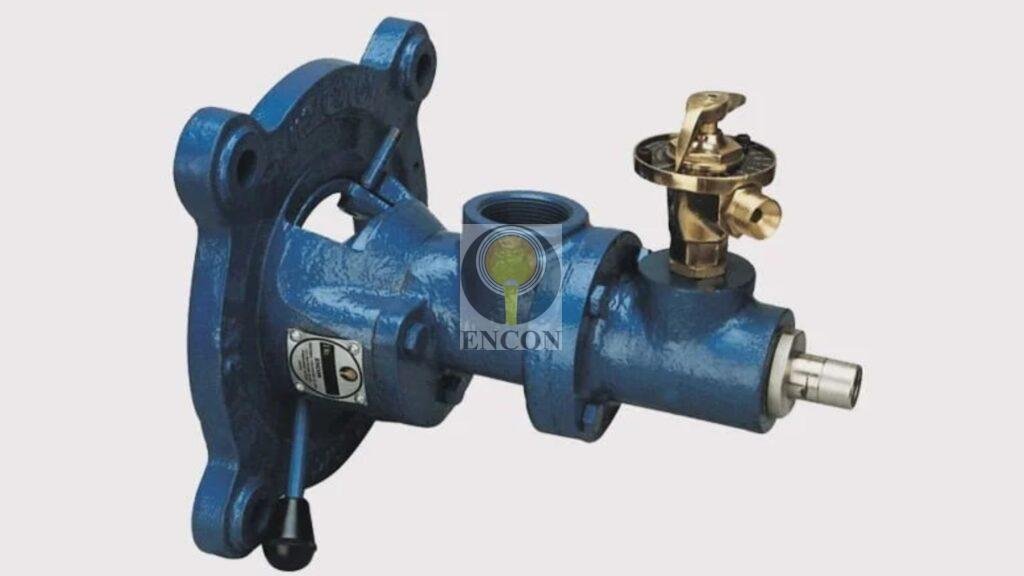

Embracing Low-Emission Combustion Technologies
In addition to these best practices, adopting low-emission combustion technologies is essential for long-term sustainability. Oxy-fuel combustion, advanced burner designs, and waste heat recovery systems represent the future of industrial combustion, significantly reducing emissions and enhancing energy efficiency.
Encon Thermal Engineers continues to lead the way in providing these innovative technologies, helping industries transition to cleaner, more efficient operations.
Why Choose Encon Thermal Engineers?
By adopting these emission control solutions, industries can achieve:
- Regulatory Compliance: Stay ahead of tightening environmental regulations.
- Cost Savings: Reduce fuel consumption and operational costs.
- Sustainability: Enhance your company’s reputation by prioritizing sustainability.
At Encon Thermal Engineers, we are committed to delivering customized solutions for reducing emissions in industrial furnaces. Explore our combustion equipment solutions here and contact us today to learn how we can help your business achieve its environmental goals.
